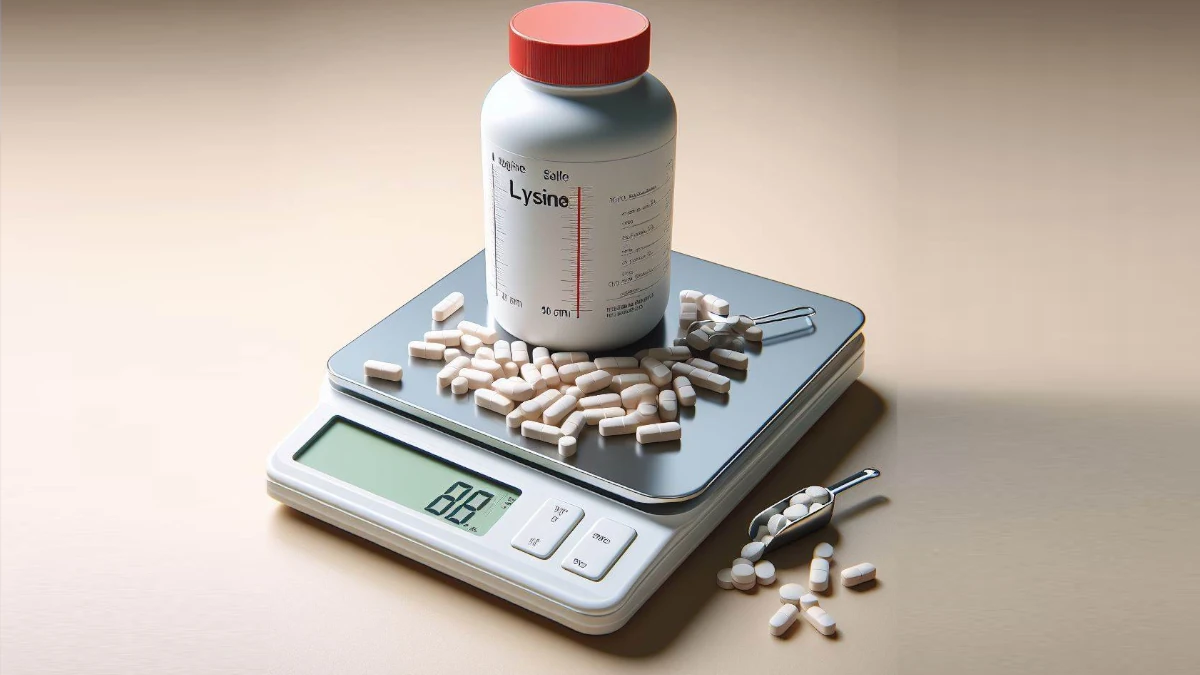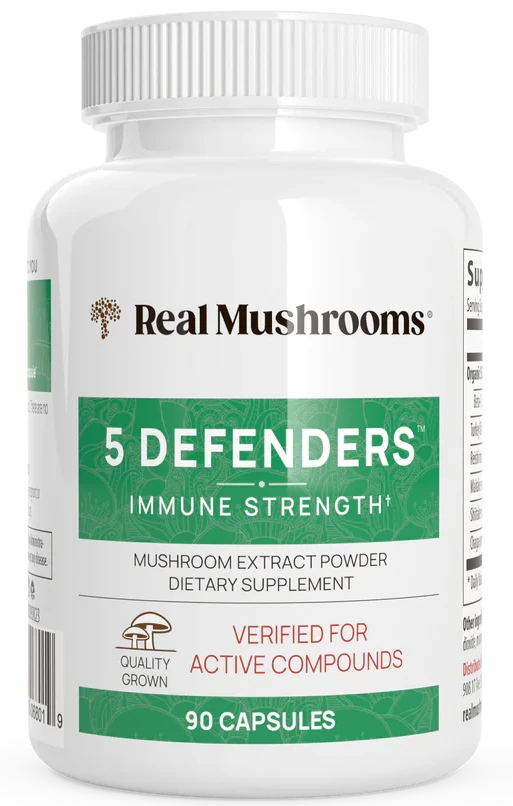Does Lysine Make You Gain Weight?
Lysine is a key amino acid that our bodies need for many functions. It's found in food and also as a supplement. But does lysine make you gain weight? Lysine itself does not contain calories, but it is mainly found in food which are high in protein and have a high nutritional value.
Some of these foods are also high in fat and calories, but not necessarily.
This websites contains affiliate links. As part of the Amazon Associates program, we may earn from qualifying purchases.
Lysine and Weight Gain
Lysine is needed for good health, but it doesn't directly cause weight gain.
In fact, lysine may even help promote weight loss by increasing energy levels and helping to reduce appetite.
However, since lysine helps to build muscle, and muscle mass is heavier than fat, some people might experience a slight weight gain.
But this is typically associated with an increase in muscle mass rather than fat storage.
Calories in Lysine
When considering the impact of lysine on weight, it's also good to consider its caloric content. Lysine itself contains very few calories. For example, a serving size of 3 tablets of L-Lysine contains only about 5 calories.
So, consuming lysine, either through diet or supplements, is unlikely to contribute significantly to your daily caloric intake.

Lysine's Role in Energy Production
Lysine plays a crucial role in energy production. It helps transport fats across your cells to be burned for energy.
This process could potentially aid in weight management by promoting a healthy metabolism and helping your body efficiently use its energy sources.

Final Thoughts
While lysine is a nutrient that your body needs for various functions, there's no substantial evidence to suggest that it directly causes weight gain.
Any weight gain associated with lysine is likely due to an increase in muscle mass rather than fat.
As always, maintaining a balanced diet and regular exercise is key for overall health and weight management.




